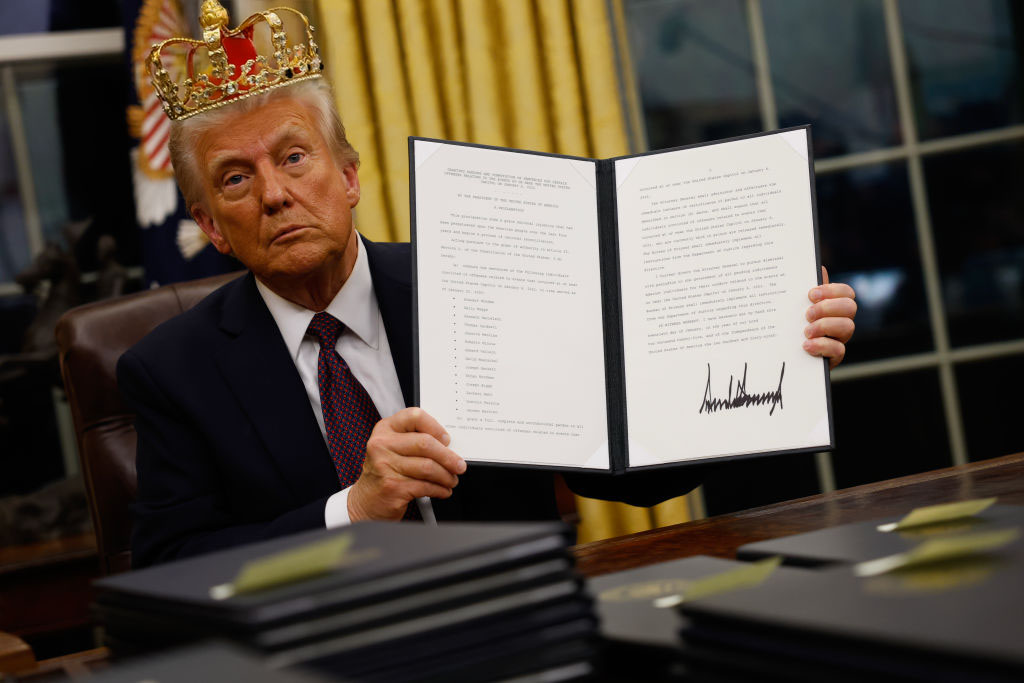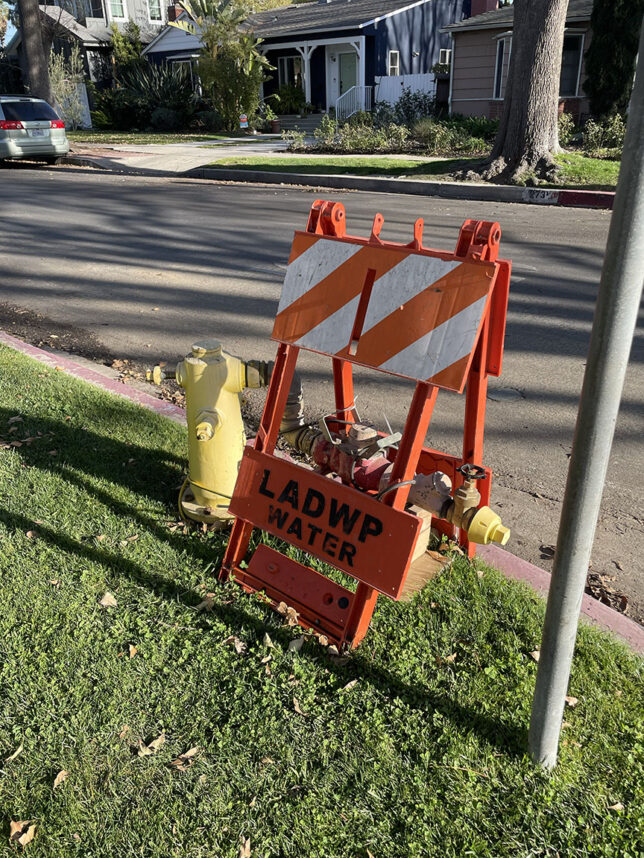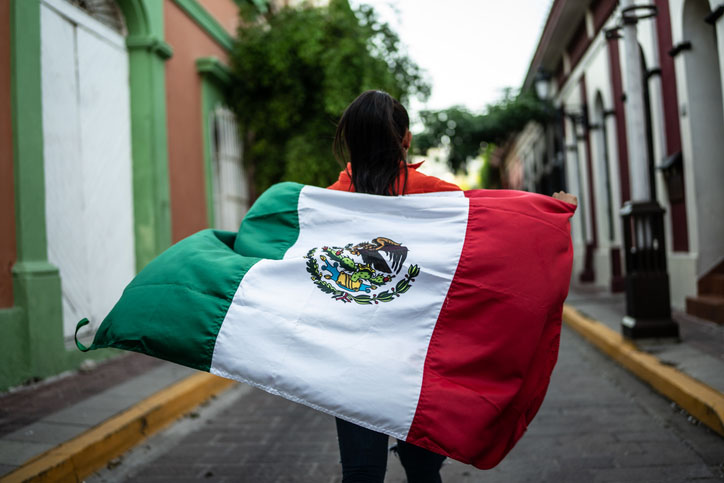The first song Ya’akov Shimoni ever wrote was called, “Genesis.” The lyrics — in English, Hebrew and French — were about pollution, global warming, Mother Earth and the destruction of Israel’s natural resources. It was 1997 — long before “An Inconvenient Truth” became a blockbuster and the green movement reached an unprecedented level of hipness.
“I always wrote about things that are not cool,” said Shimoni, a.k.a. Subliminal, Israel’s reigning hip-hop mogul, who will be the headlining act at this year’s Israeli Independence Day Festival on May 18.
As a young Israeli rapper in the ’90s, he shopped his demo tapes around to various music distributors. He was given the following advice: “Don’t ever rap about politics again. It’ll never sell.”
Subliminal proved them wrong.
The stocky 28-year-old has built a multiplatinum music empire on songs that tout Israeli pride, serving in the army, the hope for peace and, during the height of the second intifada, a hawkish stance on the Israeli-Palestinian conflict. He is widely credited with being a founding force behind “Zionist hip-hop” along with his long-time rapping partner, Ha’tzel or “The Shadow,” one of several members of Subliminal’s powerhouse team of performers, the T.A.C.T. Family. In addition to Yoav Aliasi, other artists that have ridden the wave of success along with Subliminal include Shai 360 (Shai Hadad), Booskills, Sivan and Itzik Shamly.
Subliminal’s first album, “The Light From Zion” (2000), broadcast an unabashedly pro-Israel message to the world with songs like “Living From Day to Day.” The explicitly political lyrics were startling to an Israeli audience used to lighthearted dance beats. He received a harsh rebuke in the media, labeled an “extreme rightist” and a “producer of hatred music” by some, according to the rapper’s official biography. But his young audience, seething from rising violence in the streets, was surprisingly responsive and the album eventually went gold.
Plowing ahead, Subliminal became more provocative as his T.A.C.T. (Tel Aviv Street Team) label grew in influence with its own professional recording studios, street teams and Tel Aviv clubs. His single, “Divide and Conquer,” was lambasted by left-leaning Israeli journalists, but embraced by the public as a patriotic anthem to counter the raging intifada. In a public retort to the Palestinians’ demand for territory, Subliminal wrote “Biladi” (“My Land”), naming the song in Arabic so that his message would reach the desired target. In the song’s lyrics he asserts: “We’re here and we’ll never leave.”
Did you enjoy this article?
You'll love our roundtable.
Editor's Picks



What Ever Happened to the LA Times?

Who Are the Jews On Joe Biden’s Cabinet?


No Labels: The Group Fighting for the Political Center
Latest Articles


Never Again, Again


The Other Barbarians

The Coronation of Donald Trump











 More news and opinions than at a Shabbat dinner, right in your inbox.
More news and opinions than at a Shabbat dinner, right in your inbox.